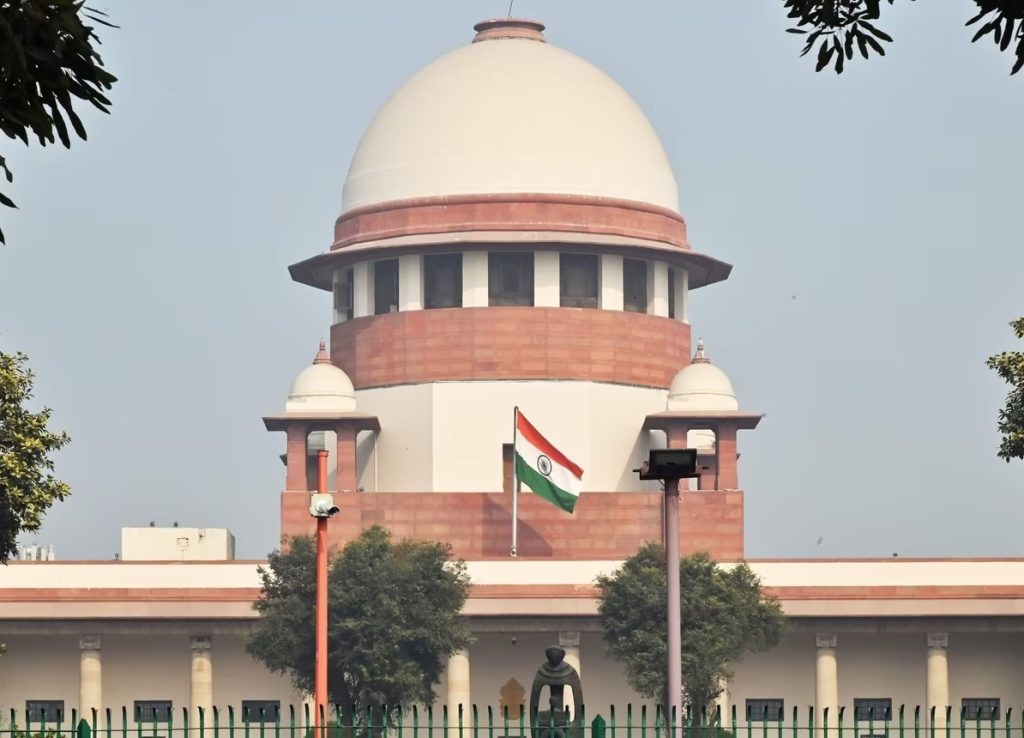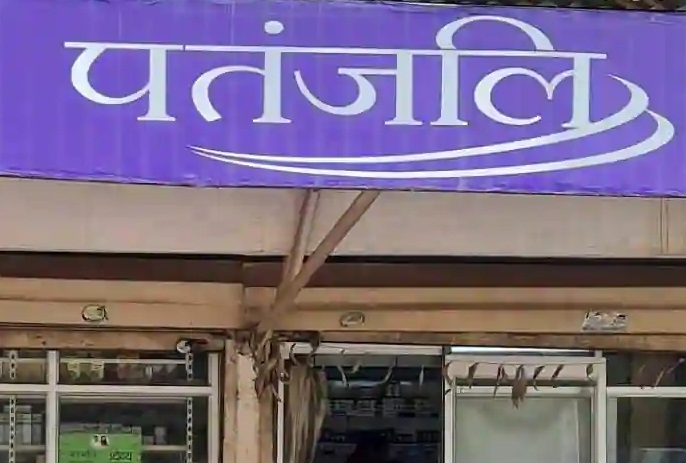The Supreme Court bench was hearing a plea filed by the Indian Medical Association seeking action against Patanjali….reports Asian Lite News
The Supreme Court on Tuesday issued contempt notice to Patanjali Ayurved’s Managing Director Acharya Balakrishna over continued publication of misleading advertisements.
Observing that Patanjali has, prima facie, violated the undertaking given to the apex court in November last year, a bench headed by Justice Hima Kohli asked the ayurvedic company to not issue any misleading advertisement or statement till the next date of listing.
The bench, also comprising Justice Ahsanuddin Amanullah, was hearing a plea filed by the Indian Medical Association seeking action against Patanjali.
The matter will be heard next on March 19.
Patanjali had earlier assured the top court that it will not make any causal statements claiming medicinal efficacy of its product or advertise or brand them in violation of law. It also undertook that the company will not release any statement against any system of medicine to the media in any form.
Multiple FIRs were filed against yoga guru and Patanjali founder Baba Ramdev across several states over his controversial comments against allopathic treatment of Covid-19. In a video, Ramdev had said: “More people have died due to allopathic medicines than due to lack of medical oxygen or shortage of beds.”
He withdrew his comments the next day after receiving a strongly-worded letter from then Union Health Minister Harsh Vardhan, who termed his remarks as “inappropriate”.
Earlier this month, the Delhi High Court has directed the committee, constituted by the Union Ayush Ministry, to provide recommendations on establishing criteria for categorising raw materials used in drug production into vegetarian, non-vegetarian, or other categories.
The directive came in response to a plea filed by lawyer Yatin Sharma, alleging that Patanjali’s product “Divya Manjan” contains non-vegetarian ingredients despite being labeled as vegetarian.
Justice Subramonium Prasad directed the Committee, formed by the Ayurvedic, Siddha, and Unani Drugs Technical Advisory Board (ASUDTAB), to submit its recommendations within 10 weeks.
Sharma accused Patanjali of misleading the public and sought action against the company for allegedly hurting religious sentiments and deceiving customers. He had filed a complaint with the Ayush Ministry last July, prompting the Ministry’s response stating that there were no provisions for indicating non-vegetarian ingredients in products under the labelling rules.
The Ministry informed that ASUDTAB recommended forming a committee to determine criteria for categorising raw materials used in drugs, taking into account various religious, ethical, and regional considerations.
The high court disposed of Sharma’s plea, citing the Ministry’s communication regarding the Committee’s formation. It expects the Committee to deliver its recommendations within the specified timeframe. The court said: “A perusal of the aforesaid communication dated 01.08.2023 shows that a Committee has been constituted to determine the criteria by which raw materials used in the production of drugs can be categorised into veg, non- veg or more categories,” the court said.
“In view of the above, it is expected that the Committee, so constituted, shall give its recommendations within a period of 10 weeks from today.”

‘Article 21 is the Soul of Our Constitution’
The Supreme Court emphasised the paramount importance of a citizen’s liberty, stressing that delays in addressing matters related to it would deprive individuals of their fundamental rights under Article 21 of the Constitution.
Referring to Article 21 as the “soul” of the Constitution, the apex court expressed concern over instances in the Bombay High Court where bail or anticipatory bail applications were not promptly addressed.
Justices B R Gavai and Sandeep Mehta, in their February 16 order, urged the chief justice of the Bombay High Court to ensure expeditious handling of such matters by judges.
Emphasizing the significance of Article 21, the bench cautioned against delaying decisions related to citizens’ liberty, emphasizing that such delays could infringe upon their constitutional rights.
The bench instructed the apex court’s registrar to convey the order to the high court’s registrar for further action, particularly directing the high court’s chief justice to take note of the directive.
This directive came during the hearing of a case where an accused, who had been in jail for around seven-and-a-half years, challenged the disposal of his bail application by the Bombay High Court.
The Supreme Court, on January 29, overturned the high court’s previous order and instructed it to address the matter promptly, leading to the accused being granted bail on February 12.
ALSO READ: DMK, CPI Seat-Sharing to be Finalised Early Next Week

Leave a Reply